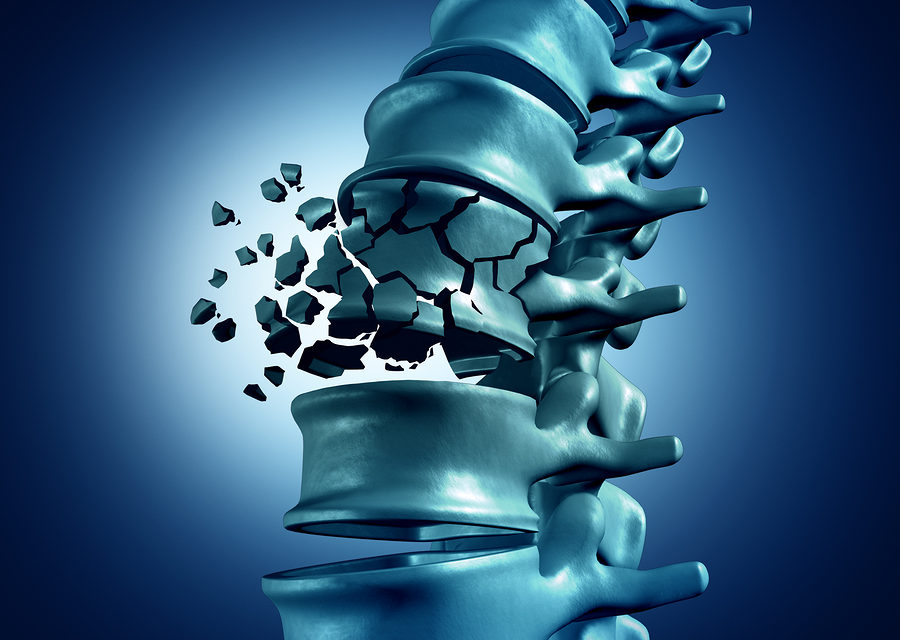A review of published studies, appearing in the American Journal of Health-System Pharmacy (2005; 62(15): 1574-81) states that vitamin K may help prevent osteoporosis as well as arterial calcification. Vitamin K is important to proteins that are found in bone. A commercially prepared form of vitamin K1 and vitamin K2 may be useful for preventing and treating osteoporosis. The article points out that several studies, both animal and human, have shown that vitamin K can help to increase bone mass and reduce bone loss. Studies show that the combination of vitamin K and vitamin D can significantly reduce bone loss.
Another study, appearing in the Journal of Nutrition (2006; 136(5): 1323-8), looked at the Japanese Population-Based Osteoporosis Study (JPOS). The study was a 3-year cohort study; the subjects were 944 healthy women aged 20-79 years. Bone density was measured at the beginning and after three years. The women filled out food frequency questionnaires and the intake of natto (made from fermented soybeans, and high in vitamin K) and other soy products was assessed. In postmenopausal women, the intake of 160 grams of natto per week was associated lower bone loss.
In the Journal of Nutrition (1995;125:1812-1821), the article states that there is a tendency for low concentration of circulating vitamin K in patients with bone fractures and that vitamin K supplementation decreases bone loss and calcium excretion. The article states that this is an area that need further research.






